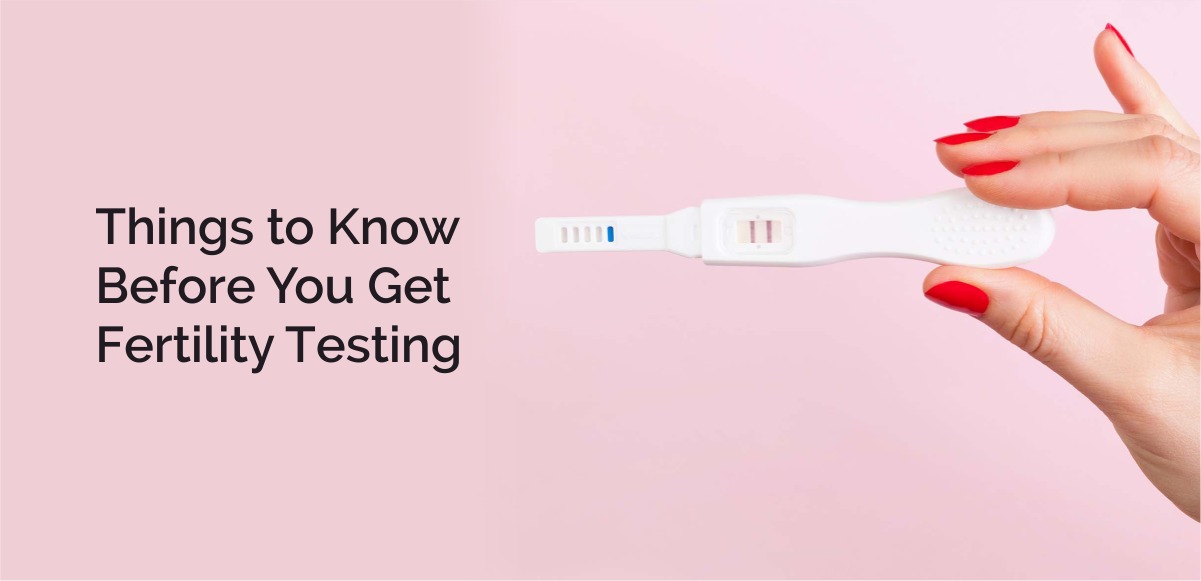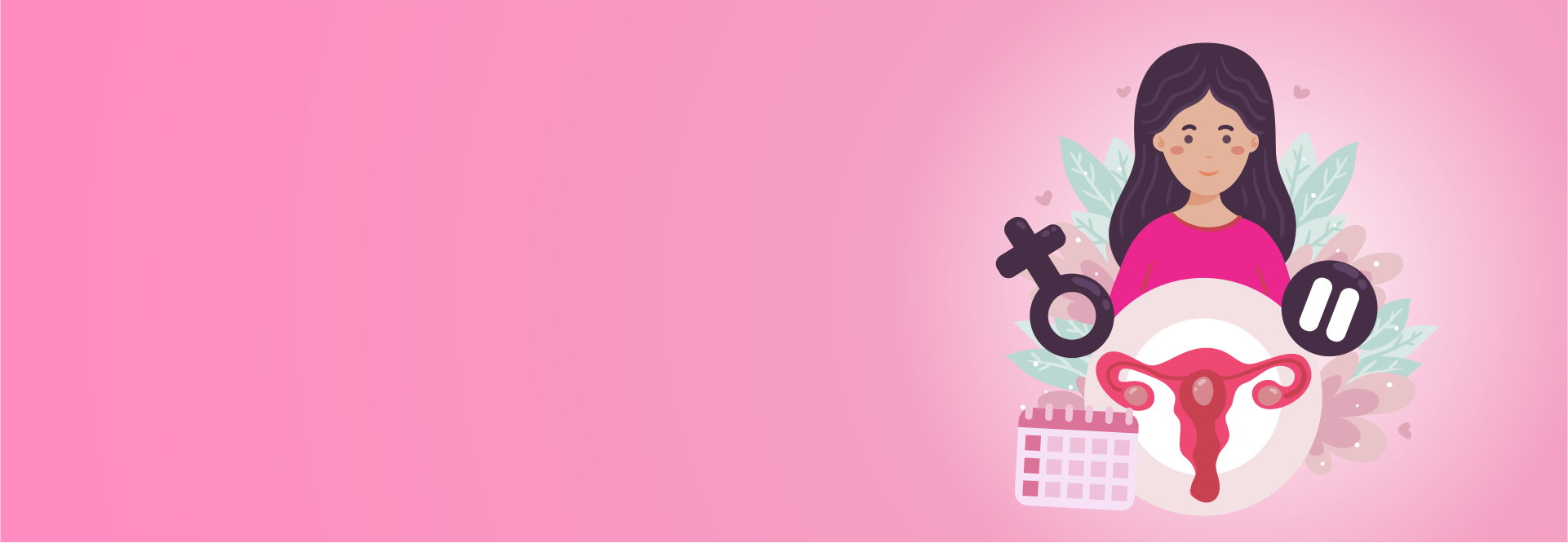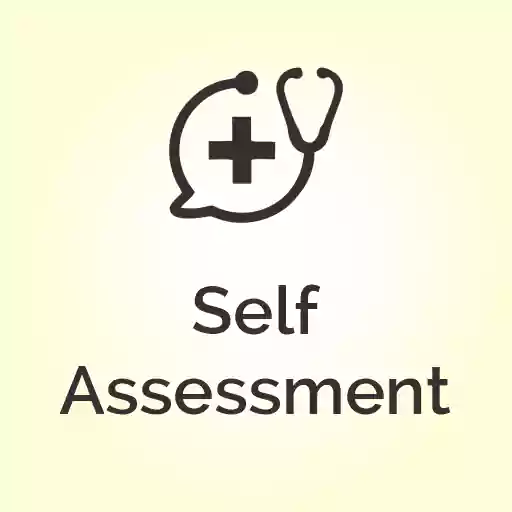Introduction - What is PCOD?
From diabetes to infertility, PCOD is a woman’s kryptonite. Polycystic Ovary Disorder, or PCOD, is a disease where a woman's hormonal levels are imbalanced. It causes an increase in male hormones in women, which affects their menstrual cycle, fertility, and insulin resistance. Apart from these effects, it can also increase hair growth, cause baldness, and significantly impact cardiovascular health.
Male hormones, called androgens, show a significant increase in PCOD patients. Here, the ovaries develop several small collections of follicles or cysts, which are not cancerous. These cysts or polycystic fluids block the release of eggs from ovaries, which subsequently causes infertility.
Causes And Impact of PCOD
There are several causes of PCOD. While most experts say it’s a genetic disorder, some experts point to obesity as a significant PCOD cause. However, there are cases where women within the normal weight range may also suffer from the condition. The major risk factors for PCOD is lifestyle such as increased stress, less physical activity, increase in consumption of processed food.
PCOD affects several vital activities in women’s bodies, hence the impact or complications of PCOD are as follows:
Higher Androgen Levels: Androgens are present in both males and females. While they are an essential contributor to male traits like reproductive activities, hair growth, etc., these hormones are also responsible for more than 200 activities in women. Due to PCOD, there is a massive hormonal imbalance, which leads to high levels of androgen in the body. An enzyme called aromatase converts androgen into a female hormone called estrogen. This disrupts the conversion process.
Insulin Levels: PCOD and insulin resistance walk hand in hand. Women with obesity issues and a genetic history of type 2 diabetes tend to have higher insulin resistance. Insulin is responsible for converting the amount of glucose your body absorbs through food into energy. With this condition, the body resists insulin. This resistance can increase your blood sugar levels. Cardiovascular Issues: One of the most significant impacts of PCOD on women’s health is on cardiovascular health. Due to increased androgen levels, there is a higher risk of heart-related health issues, like high blood pressure, heart attacks, high cholesterol levels, and even the possibility of a stroke.
|
PCOD Symptoms
Here are some significant polycystic ovary Disease symptoms to watch out for:
- Irregular menstrual periods, or the absence of periods
- Failure of ovulation, which causes infertility
- Excessive hair growth, especially on the face, chest, back, or buttocks
- Obesity and weight gain
- Balding and hair loss with initial hair thinning
- Acne, pimples, and oily skin
- Interrupted breathing while sleeping; also known as sleep apnea.
![]()
![]()
Diagnosis of PCODLooking at your symptoms, the doctor will ask for tests to confirm the diagnosis of PCOD.
Tests Needed For a PCOD diagnosis
Other Tests for Similar Conditions
A PCOD diagnosis can be determined based on the following criteria:
|
Treatment of PCOD - How Our PCOD Specialist Can Help You Manage It
Are you wondering how to cure PCOD permanently? The first step is to identify your symptoms and consult a doctor for a diagnosis. The doctor will suggest tests based on your symptoms before confirming the diagnosis.
Once you have conducted diagnostic tests, the next step is to start with treatment as per the guidance of a PCOD specialist. Treatment for PCOD depends on the type of symptoms. For example, if there is a hormonal imbalance, our PCOD specialists help patients via medicinal treatments. You will be suggested to take birth control pills or androgen blocking medications or medicine to improve insulin resistance to regulate periods and relieve PCOD symptoms. In addition, if you have trouble getting pregnant due to PCOD, you can consult a gynaecologist for guidance on how to increase fertility. Patients with conditions like chronic anovulation due to PCOD can consult an Endocrinology expert from our team for diagnosis, treatments, and medication.
Lifestyle measures are the most important to reverse PCOD. Increasing physical activity, reducing intake of processed food, reducing stress and leading a healthy and happy life can help you say goodbye to PCOD forever.
Assurance by NanoHealth Disease Management ProgramAssurance by NanoHealth helps in timely identification, diagnosis and treatment by pairing you with the right care providers. Our disease care management programs include: 1. Regular interactions with your health coach for treatment adherence. Assurance is with you every step of the way until maximum health and wellness are achieved.
|

Wondering how your appointment with a fertility expert may look like? Here are a few things to know before you get fertility testing done.

PMS is a combination of physical and emotional discomfort that women experience before their periods. This article explores natural remedies for relieving PMS.


















